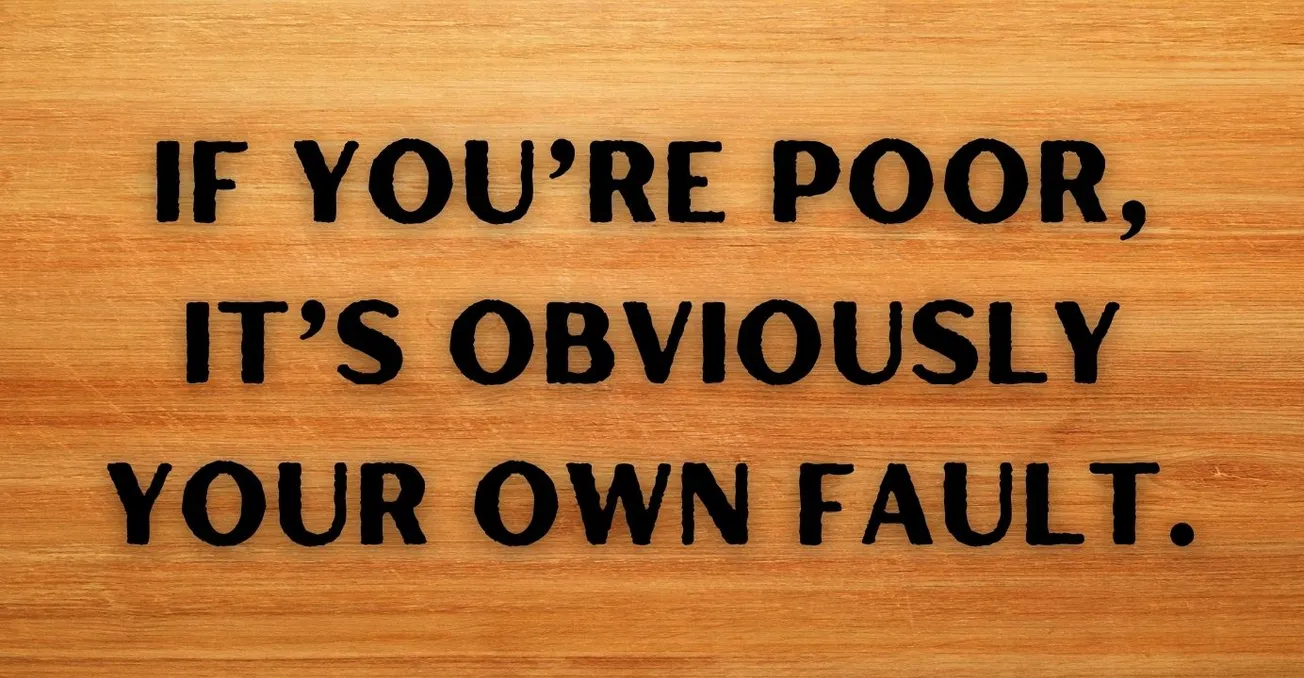I went rummaging through my old computer files after the Republican supermajority Senate and House overrode Democratic Gov. Andy Beshear’s veto of House Bill 4.
Straight from the GOP social Darwinist, unemployment-compensation-makes-you-lazy playbook, the measure slashes the length of time workers, laid off through no fault of their own, can earn jobless benefits.
I found what I was looking for—a short Kentucky Pipe Trades Association-produced video. It featured several union members who couldn't have made it clearer about what was at stake for organized labor in the 2016 state House elections.
If the Republicans flipped the House, there'd be no stanching a pent-up flood of anti-union legislation, starting with a “right to work law” and prevailing wage repeal, the video warned.
When the video was made, Republicans had ruled the Senate roost for 16 years. The Democrats were clinging to a slim House majority. House Democrats had repeatedly thwarted GOP efforts to pass RTW and axe PW.
“If our friends of labor lose control of the state House in November, Kentucky's prevailing wage laws will be repealed, and we will become a ‘right to work for less’ state before the month of January is out,” predicted Matt Herron on camera. He’s a member of Lexington Plumbers and Steamfitters Local 452.
Herron continued: “That’s not an idle threat. It’s a promise that has been made by our current governor and the anti-union leaders trying to win control of the state House; and what should scare every Plumber and Pipefitter even more is the fact that if anti-union politicians get control of the state House of Representatives, not only will they pass these anti-union measures, we will not be able to undo them for at least a generation — for decades — and that’s no exaggeration.”
Shawn Drake of Plumbers, Pipefitters and Service Technicians Local 502, based in Louisville, explained that then-Gov. Matt Bevin had promised to sign a RTW law and legislation repealing PW. “Even if our friends in labor came back and won control of the state House in the next election, 2018, and wanted to undo or reverse these anti-union measures, they couldn’t because for any legislation to become law, it must also pass the state Senate and with the overwhelming majority of anti-union members controlling the state Senate, there is absolutely no chance of that ever happening in my lifetime.”
The Democrats lost the House in 2016. In the first week of the 2017 legislative session, the GOP rammed RTW and a PW repeal bill through the Senate and House. Bevin, a Republican, gleefully inked both measures.
Since then, the Republicans have added to their supermajority. Today, Republicans occupy 30 of 38 state Senate seats. Only 25 of 100 House members are Democrats.
So the GOP’s anti-worker juggernaut keeps rolling with HB 4. Never mind that such bills passed by Republican-majority legislatures elsewhere have led to catastrophic results, according to the Kentucky Center for Economic Policy.
“Working Kentuckians have faced widespread, unprecedented layoffs during the pandemic that worsened existing hardship and inequities,” wrote the KCEP's Dustin Pugel. “Despite extreme difficulty in navigating the outdated unemployment insurance (UI) system, unemployment benefits have been a lifeline for laid-off workers and kept our economy from falling into a deep depression. Yet, House Bill (HB) 4 would make unemployment benefits much harder to get and keep in the future, and push laid-off Kentuckians into poverty and lower-paying jobs. The bill does this through cutting the maximum available weeks a worker could claim benefits by up to 54%, further complicating the system through burdensome reporting requirements and new complex rules, and requiring that recently laid-off Kentuckians take any job available — even if it pays roughly half of what their previous job does.
“Provisions like these have been implemented in other states to disastrous effect, exacerbating job loss and hampering local economies. HB 4 will especially harm rural Kentuckians who live in places where job opportunities are scarce, working-class Kentuckians who lose good-paying factory and coal jobs, and workers facing more discriminatory barriers to employment including Black workers and Kentuckians with disabilities. And past research has shown that provisions like those in HB 4 have led to poorer skills-matching between workers and employers, leading to lower wages, poorer employment outcomes, and lower economic productivity. Further, the permanent cuts laid out in HB 4 would jeopardize Kentucky’s eligibility for federal UI funding that helps boost our economy during downturns, as well as the use of American Rescue Plan (ARPA) dollars for the Unemployment Insurance Trust Fund.”
But the framers of HB 4 were driven not by facts, but by far-right-wing, government-has-no-responsibility-to-help-people-who-need-help ideology.
“By the end of this session KY will be the least worker friendly state in the country,” retired IUPAT District Council 91 Business Representative Al Cunningham of Marshall County wrote on the state AFL-CIO Facebook page.
“For all sad words of tongue and pen, the saddest are these, ‘It might have been,’” the poet John Greenleaf Whittier famously observed.
Indeed, what has happened in our state is a cautionary tale for all working people, not just union members. Presidential, senatorial, and congressional elections are the glamour races that grab the headlines. But the GOP’s hard-right agenda is also playing out in Republican-majority statehouses with attack after attack against the rights, livelihoods, and well-being of working people, women, and minorities.
If the House were still Democratic, we’d be a non-RTW state. Prevailing wage would be on the books, and HB 4 would have only been a pipe dream of Republican lawmakers, their business bankrollers, and the Kentucky Chamber of Commerce.
Repealing RTW, restoring PW, and reversing HB 4 will indeed be a long time coming. Meanwhile, HB 4 is more proof, as if it were needed, that elections have consequences, especially if you carry a union card in Kentucky.
--30--
Comments








